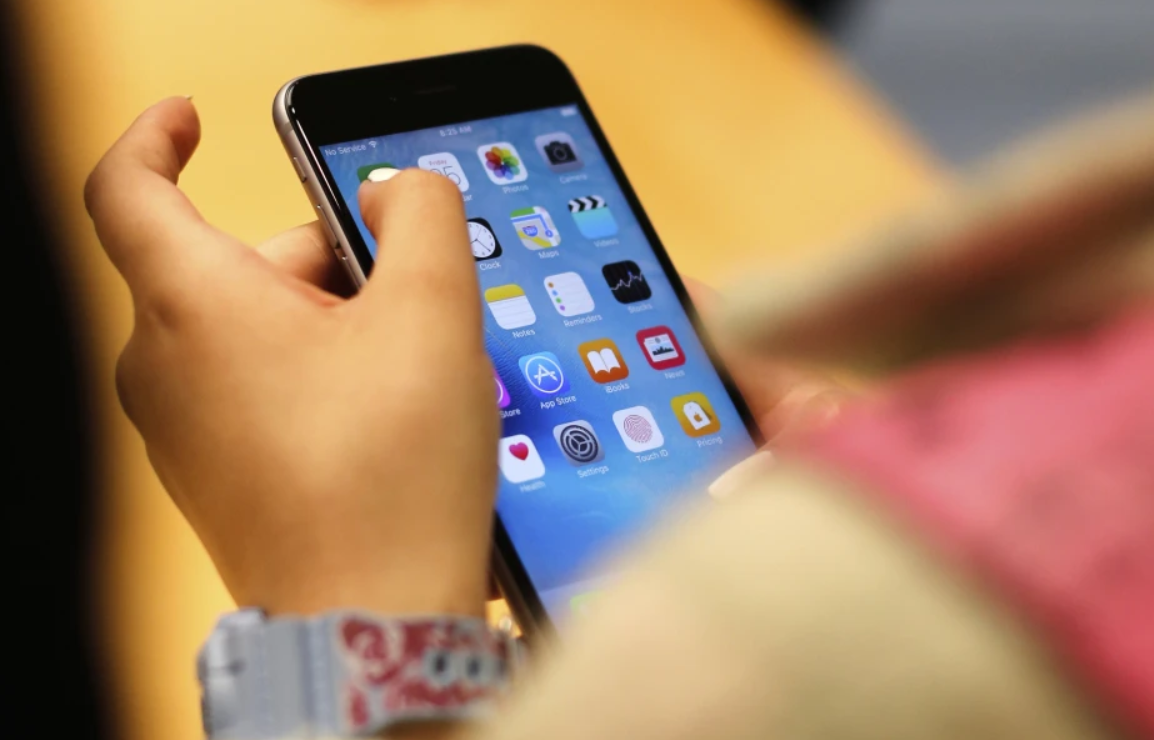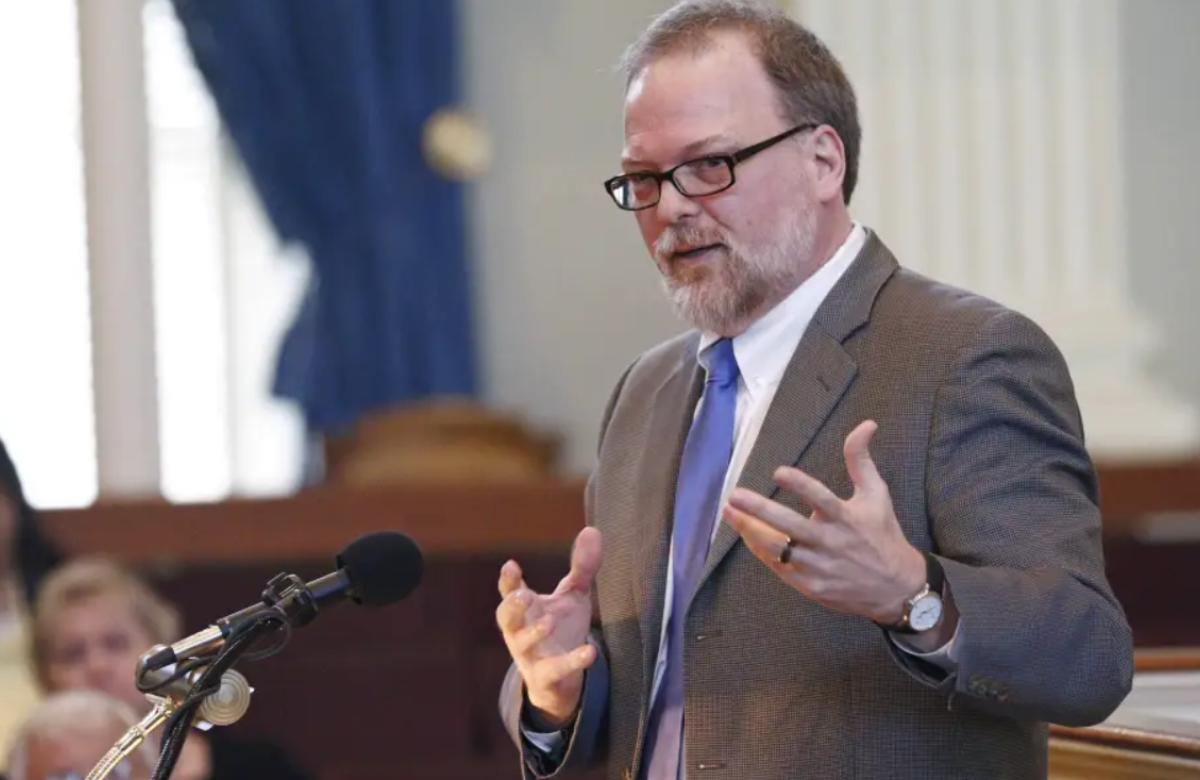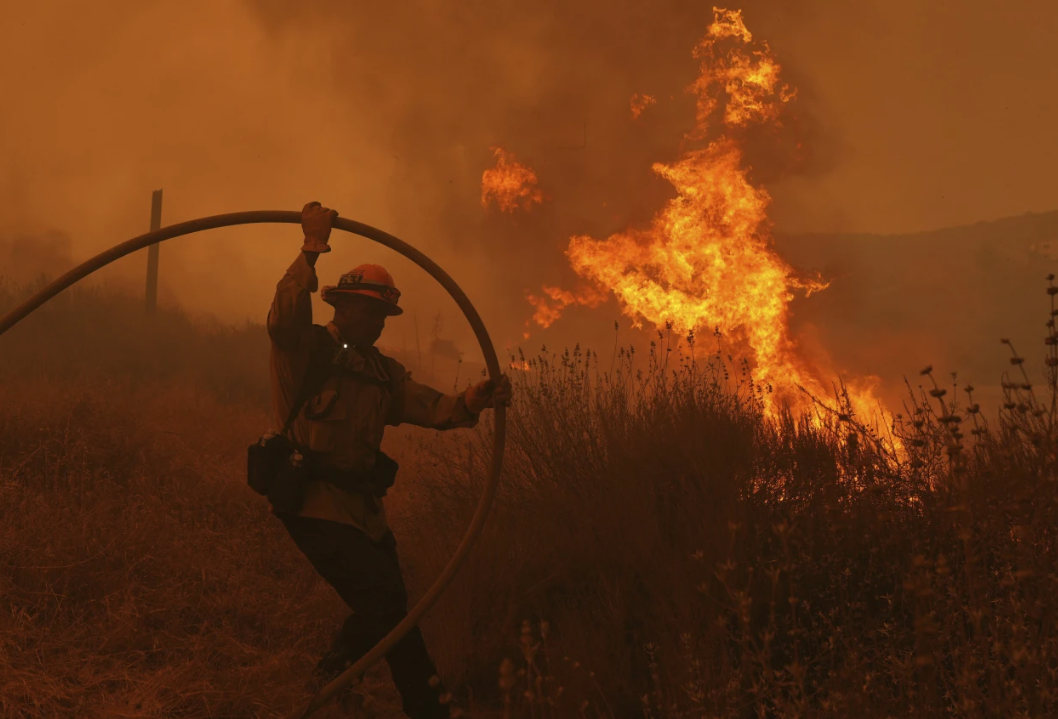Efforts in Texas to prohibit social media accounts for anyone under 18 have stalled after lawmakers missed a crucial vote on a bill that would have created one of the country’s strictest limits on minors using platforms like TikTok, Snapchat, and Instagram.
The proposed legislation, which had already passed the GOP-led state House, sought to impose stricter restrictions than Florida’s ban on social media for children under 14 and Australia’s rule barring accounts for those under 16.
However, momentum for the Texas bill slowed in the Senate just before a deadline to send measures to Republican Gov. Greg Abbott. The governor has not publicly indicated whether he supports the ban, which has faced opposition from technology trade groups and critics who argue it infringes on free speech rights.
State Rep. Jared Patterson, a Republican championing the bill, emphasized its purpose: “This bill was the best way to protect children in this state.”
With the legislative session ending Monday, the window to pass the bill is rapidly closing. If enacted, the law would add to a growing national debate about regulating how children access social media.
Texas is home to many tech companies, including Elon Musk’s X. Earlier this week, Abbott signed a different law requiring Apple and Google to verify the age of users in their app stores and obtain parental consent for downloads and in-app purchases by minors under 18. Utah passed a similar law earlier this year.
The Texas social media ban reflects a broader bipartisan push nationwide to tackle the effects of social media on children’s mental health and safety. Critics accuse social platforms of using addictive features to attract and retain young users, while failing to adequately control violent content, inappropriate material, and online harassment.
According to a December 2024 Pew Research Center report, nearly half of American teenagers say they are online “constantly,” despite concerns about social media’s impact on mental well-being.
The American Psychological Association has urged both tech companies and lawmakers to protect children’s mental health, warning that social media platforms pose particular risks for young users who struggle with impulse control and disengagement.
Various states and countries have enacted measures addressing these issues, but some have faced legal challenges. In 2024, a federal judge temporarily blocked Utah’s pioneering law that required age verification and restricted social media accounts for minors.
California will ban social media companies from knowingly offering addictive content to children without parental consent starting in 2027. Meanwhile, New York allows parents to block algorithm-suggested posts aimed at their children.















